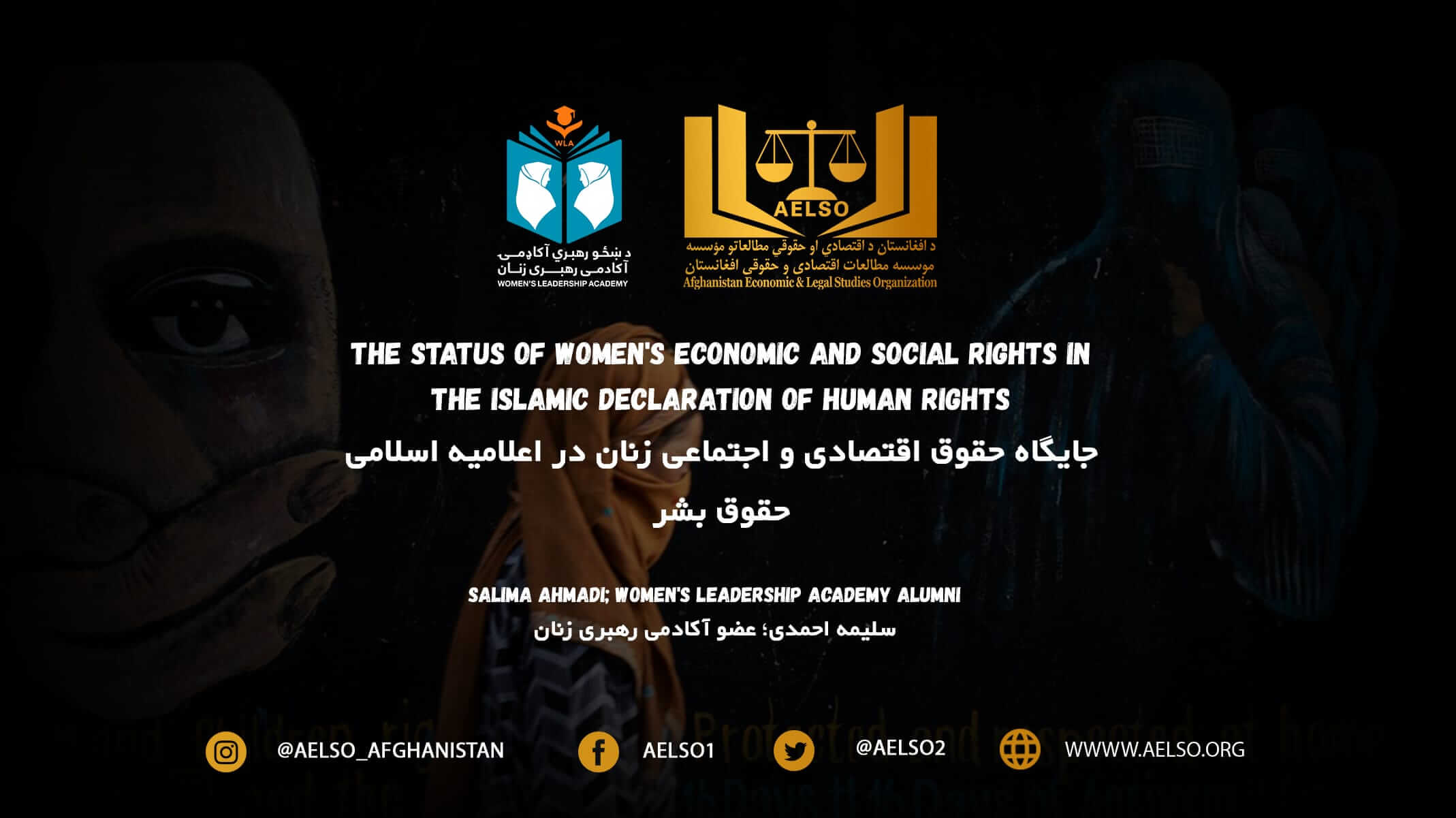
The Status of Women’s Economic and Social Rights in the Islamic Declaration of Human Rights
Human rights encompass various dimensions that are defined and interpreted differently within religions, ideologies, and political doctrines. However, the Universal Declaration of Human Rights pursued by the United Nations is recognized as the primary and credible document among different countries. Human rights, in their broad and general sense, aim to uphold the rights of citizens regardless of gender, race, color, beliefs, political affiliations, or religion. Therefore, they pursue specific goals and programs in political, social, economic, cultural, and civil spheres. From this perspective, Islamic jurisprudence (Fiqh) as the source of legislation in Islamic law has extensive potentials in the field of human rights, with economic and social rights being one of its significant focuses. In this approach, the established Fiqh rules not only do not contradict the general principles of human rights but also provide a more desirable approach in various dimensions, such as preserving human dignity, individual and collective well-being and welfare, citizens’ rights, ensuring personal and collective freedoms, and economic planning. Thus, it can be considered as a basis for Islamic human rights.
Keywords: Social rights, Economic rights, Islamic Declaration of Human Rights.